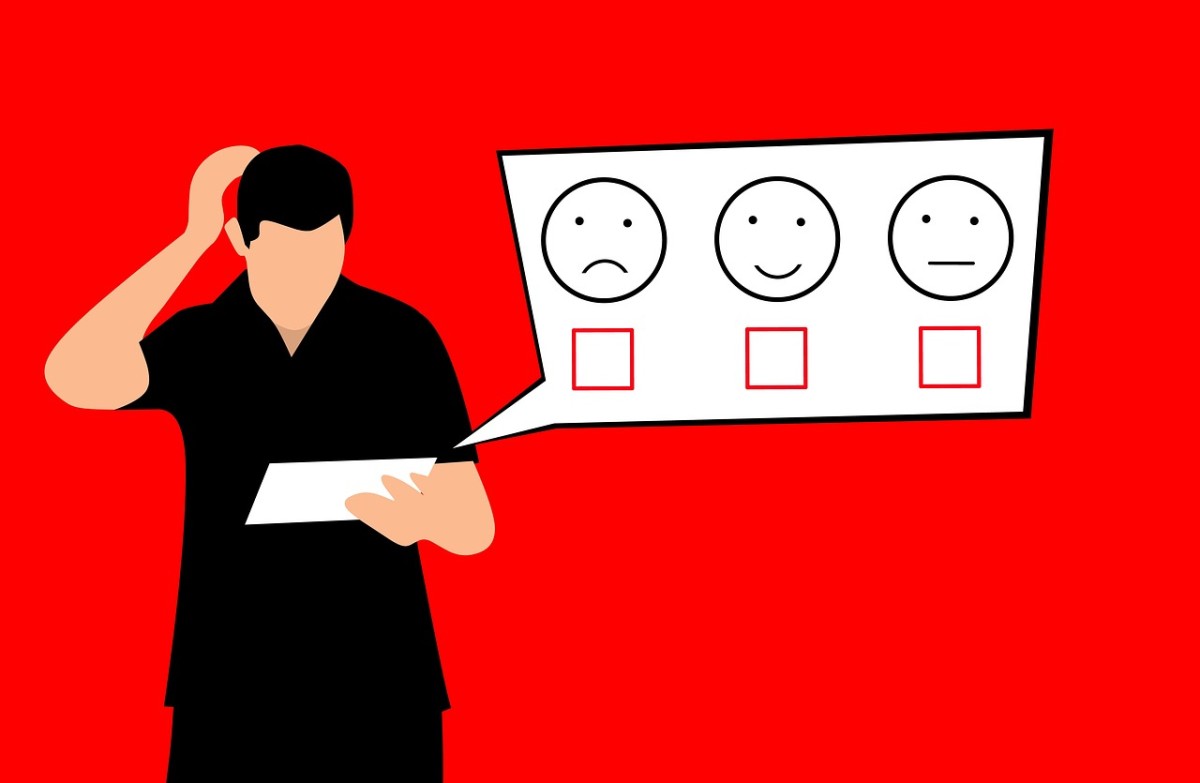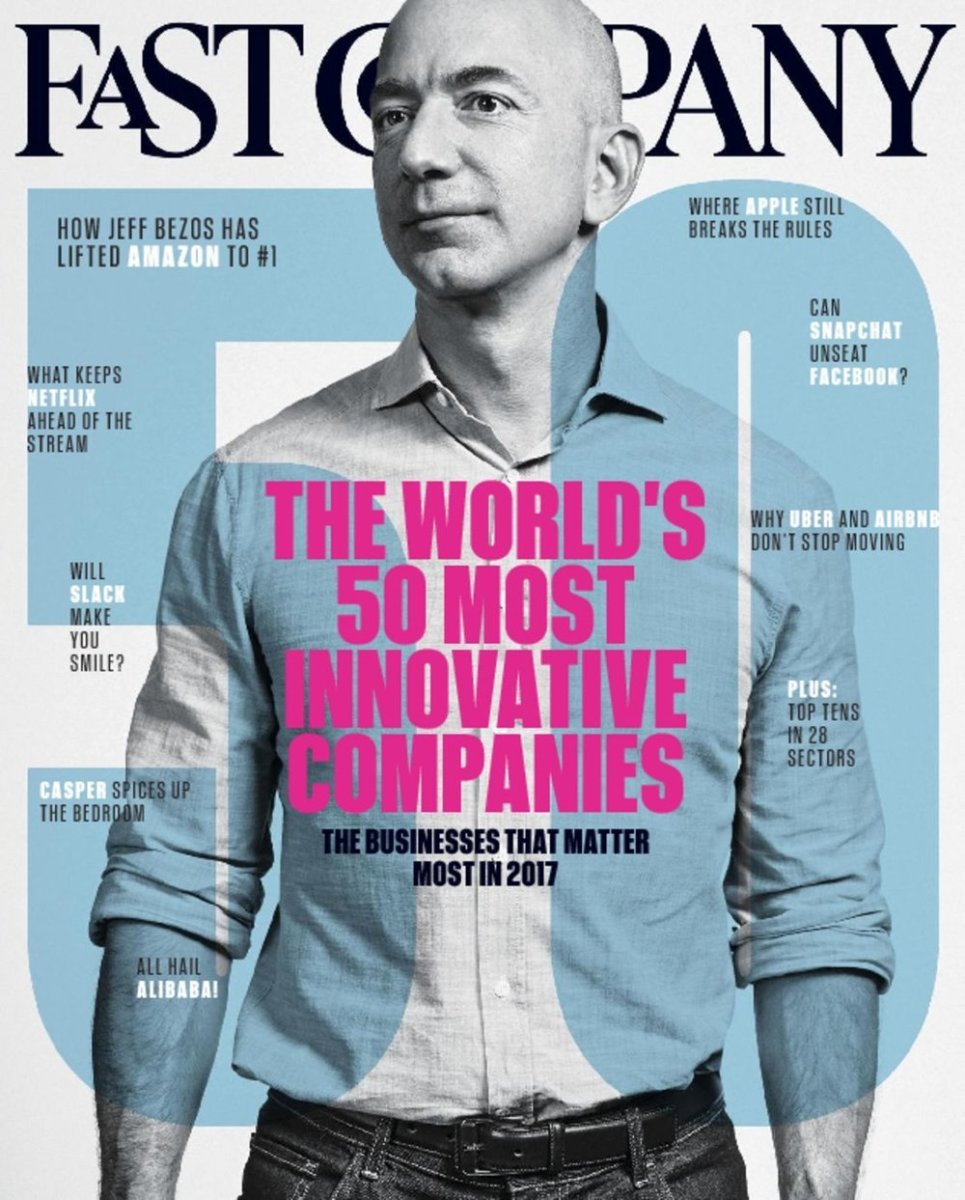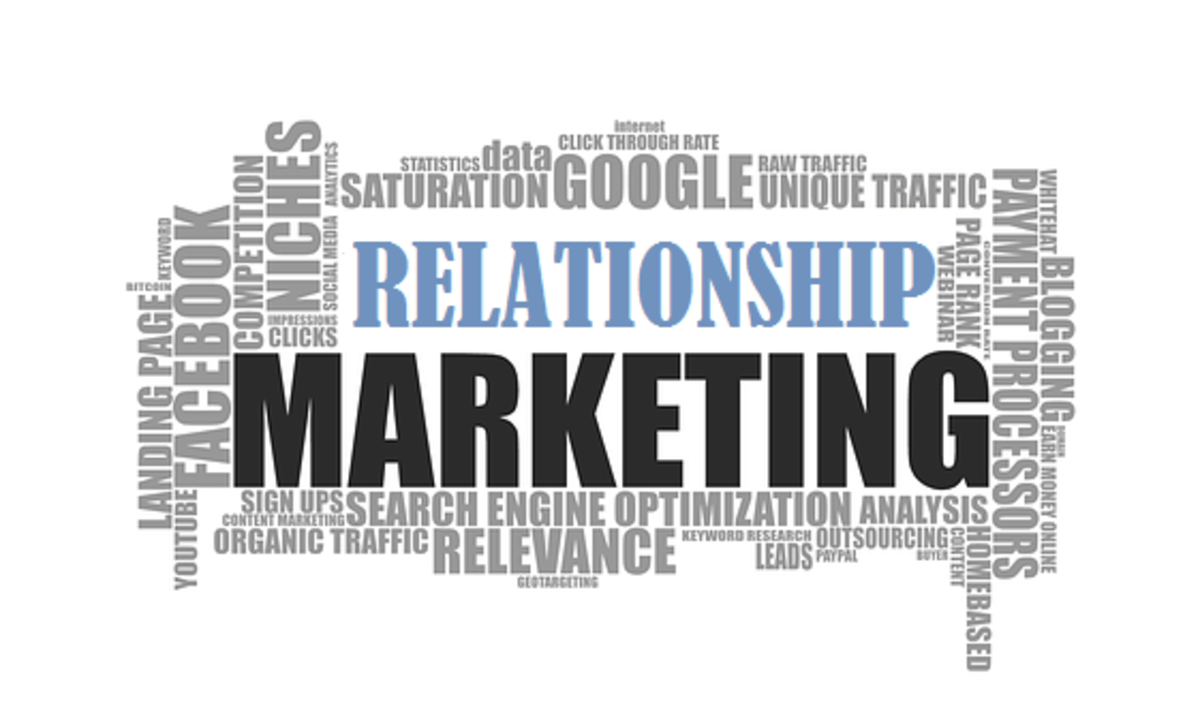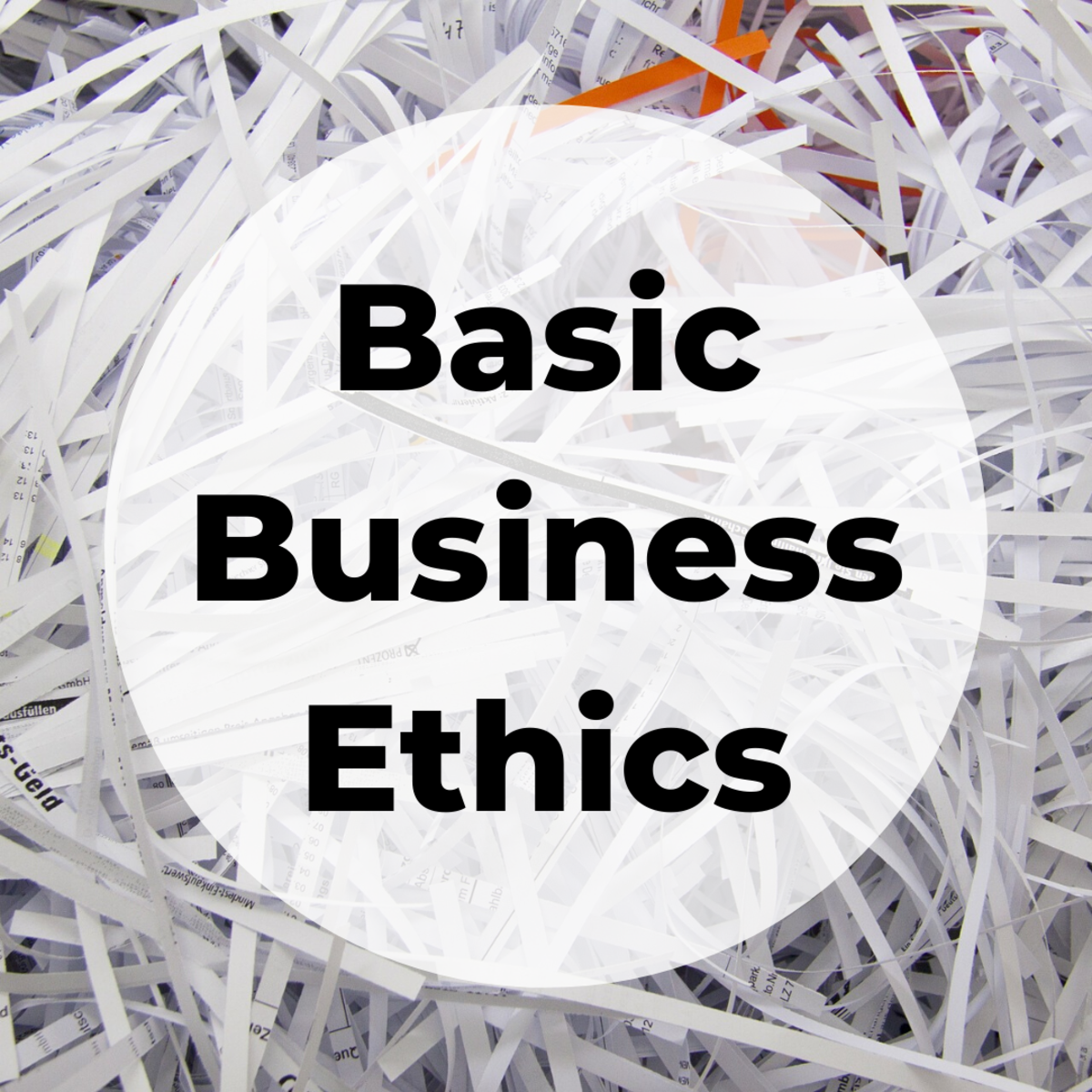Yelp Still Playing us for Fools

Yelp Continues to Dupe the Public, at the Cost of Small Businesses
This is my fourth or fifth article on Yelp, and each one addresses another problem with this multi-billion dollar company. I don't have a vendetta against them or anything like that. If other companies did business the way Yelp does, then I would write about them. But Yelp's following is so large, that I just have to illustrate that of which most of you are evidently unaware. Otherwise, I would not be able to sleep at night...
If you don't already know, Yelp is the most popular review-driven search engine in the world (sigh). They profess that they have developed an algorithm that determines which reviews are authentic and which are not. Well...I don't want to disillusion you, but that is a crock.
As luck would would have it, I happen to have degrees in Mathematics and Statistics, so my knowledge on algorithms is vast. Other than numerical input, there exists no algorithm that can do what Yelp purports it's algorithm to do. An algorithm is only as accurate as the information fed to it by human beings, and it relies on history and tendencies, both of which can be farcical at their inception. In my opinion, the accuracy of Yelp's algorithm falls somewhere between 'educated guess' and 'wild guess'.
I've set up phony Yelp accounts (for research purposes only), wrote a few reviews, then gave small business owners (who were privy to my experiment) a couple of 1-star reviews. Lo and behold, Yelp's algorithm took me at my word. I deleted them after a few weeks, but during that period, these businesses showed 1 or 2 stars for all who might have used Yelp to find a business that suited their needs. This was done during the pandemic, so there was little business to be lost, and the business owners themselves were keen to take part in my research (God bless them). On the flip side, I was shown legitimate 5-star reviews that were filtered by this "state-of-the-art" algorithm.
As the title of my article denotes, I am concerned for small businesses that have very few reviews. I just gave you two scenarios that would kill a small business...I mean shut it down...game over. Just imagine...You own a small business which provides for the well-being of your family. You like what you do, and it pays the bills. If ten people are ecstatic with your service, maybe one will take the time to write a review. He gives you five stars. Now, if one person comes in, and you happen to be out of stock on the one thing he needs (perhaps because the delivery truck was involved in a multi-vehicle accident), then he will go home and give you a 1-star review. Eleven people entered your store, ten loved you, and one was just unlucky. Yelp represents your business as a 3-star business.

For businesses with 100+ reviews, do you think that Yelp even needs an algorithm? Do you think that Yelp is worried that 40 or 50 of them were fraudulent? Or are they worried that the next 40 or 50 might be fraudulent? Really??
Businesses with tons of reviews don't need any algorithms to save them or bury them from a review. Each subsequent review is worth less than 1% of its rating whether it's good or bad. I doubt an algorithm can determine whether or not a Yelper (who's written a thousand reviews), has written a bad one solely because they got into a fender bender in the establishment's parking just before they entered.
Every day, I try to figure out why people believe Yelp's assertion, and I'm always left scratching my head. How many people put stock in Yelp, because the word "algorithm" sounds so official, that it must be on the level? Before Yelp came about, how many people even knew what the word "algorithm" meant? Even though I despise Yelp, I will admit that whoever came up with that idea, is a genius.
However, it is sad that such a powerful company can wield its sword with utter disregard of the ramifications.

Another travesty that Yelp is perpetrating on the general public, is their claim that no Yelp employee can override the information that their algorithm spews; that their computer program has the final word. Ha! That is the most ridiculous thing that I've ever heard! Does Yelp expect me believe that their algorithm, the heart beat of their entire business, cannot be overridden? If you buy this, then I don't know what to tell you...Yelp is pulling the wool over your eyes. They instituted this "can't override" mantra for one reason, and one reason only: so that when hundreds of thousands of business owners complain about poor reviews, Yelp can absolve themselves from all responsibility. That's all there is to it.
I wouldn't have such a problem with Yelp, if the inconsistencies of their algorithm were uniform for all businesses, but sadly, it is not. In no uncertain terms, Yelp's algorithm favor large businesses over small ones.
Here's a Yelper's review of Yelp itself. I found it so profound and well-written, that I just had to add it to my article (of course, I got the author's permission to do so.)
It is a 1-star review...
"As I get older, I tend to get more emotional, so I apologize in advance if my review has a surly tone. I do not get more irrational, just more emotional.
This is a review of Yelp. It is a first-hand account of my experience, while using their products and services..
THIS IS NOT A REVIEW OF YELPERS.
I was already 60, by the time Yelp went public, and in my opinion, businesses (large and small) were more accurately represented than the way Yelp is representing them.
I'm an intelligent man, but regrettably, I cannot speak intelligently about Yelp's computer programs. I'm too old to start investigating the inner-workings of Yelp. However, I would be a moron, to believe that the heart and soul of a powerful company, cannot be overridden by Yelp employees. And, anyone who believes it, would be naive, to say the least. I apologize, but that's my sincere opinion, and according to even Yelp's by-laws, I have the right to state my opinion (via review), whether kind or unkind, as long as it is a sincere, firsthand review (which it is), and as long as it is not self-serving, or promotes a specific business or industry (which it is not.)
For research purposes, I have been Yelping for maybe three or four years. I've written round-about 100 reviews. Mainly restaurants, hardware, franchises, retail, and the like. One of my reviews was for a business that caters to a very small number of people. The nature of its field, lends itself to having a small clientele. The name of the business and/or field is irrelevant.
Of course, any review of this business, positive or negative, would impact it a great deal (because of its size.) As it happens, my review of this business is not being shown and, last I checked, that review is the company's only review. In other words, it has no reviews, only my filtered review. Now, perhaps the powers that be, deem my review to be suspect. It wouldn't be the first time, in my nearly 75 years on this marble, that my actions have been regarded as suspect. I've already made peace with that.
The curious thing, is that this particular review is the only review, of my 100 reviews, that is not being shown. How does a computer deem one of my reviews suspect, yet still allow all of my other reviews to be shown?
If Yelp thinks that I tried to trick their system with one of my reviews, then why would they give veracity to the others? It perplexes me, that Yelp has removed, filtered, not recommended, etc. this hugely influential review, and has opted to keep my review of Hash House a Go-Go, which has 3000 reviews, and for which my review doesn't amount to a hill of beans. I will never understand how something like this can occur.
A small company deserves every legitimate review it garners (positive or negative), to better inform locals as to whether to use them or to stay away. If I'm not mistaken, this is the purpose and premise of Yelp...To help the public make informed decisions.
The most important concept for which I'm trying to convey, is that just because a large company says that they have a foolproof method of determining anything, you should think twice before you buy into to its lunacy. I wouldn't waste my time writing this article, unless I thought that the subject was important. I hope it gives you pause when considering if you should contribute to a business that can bankrupt a company that doesn't deserve to go under.
© 2017 Daniel Marcosi








